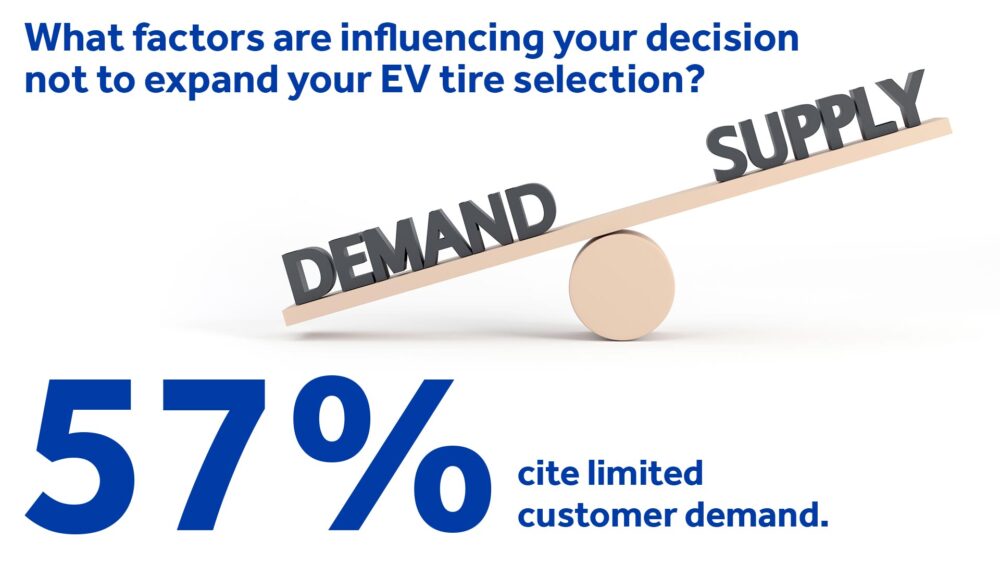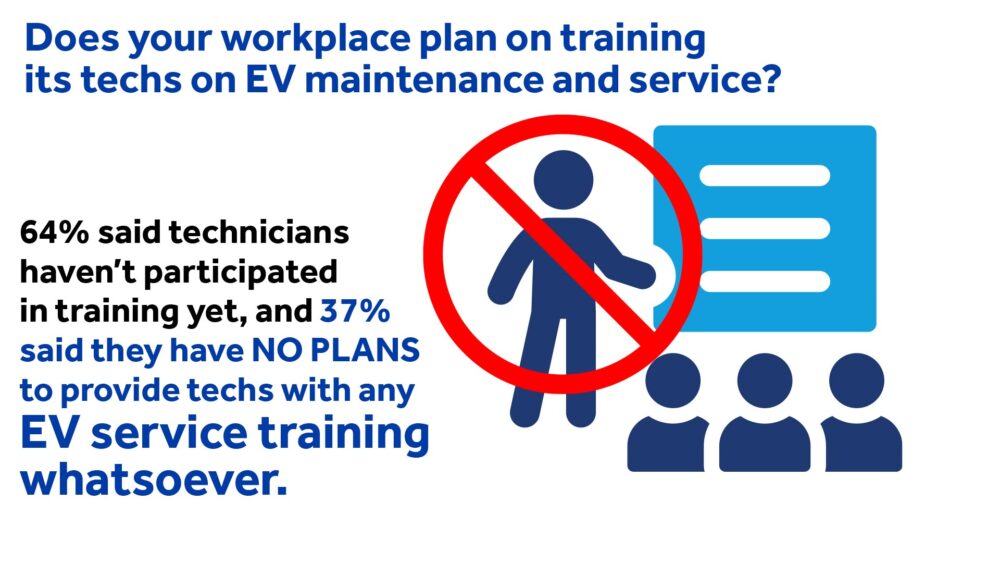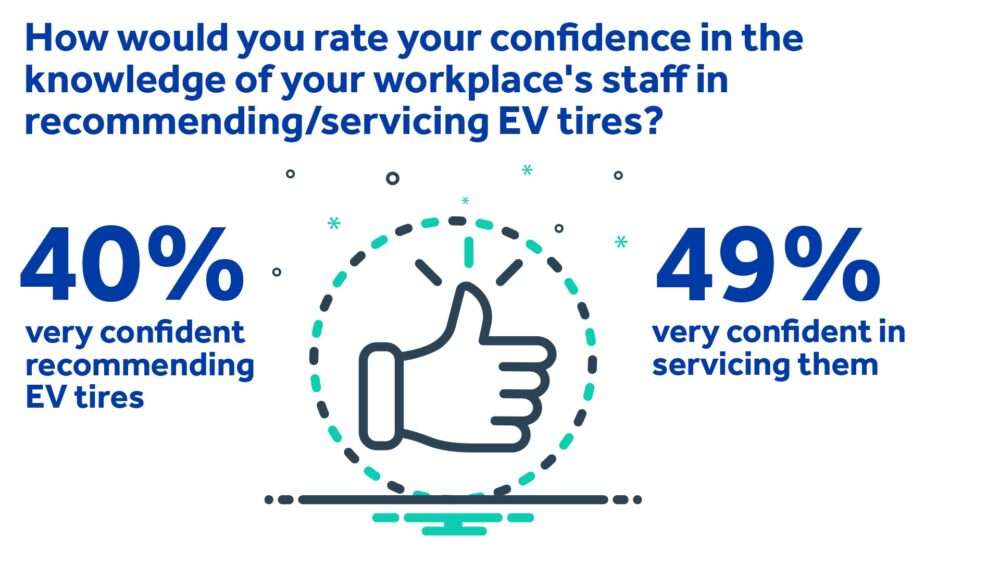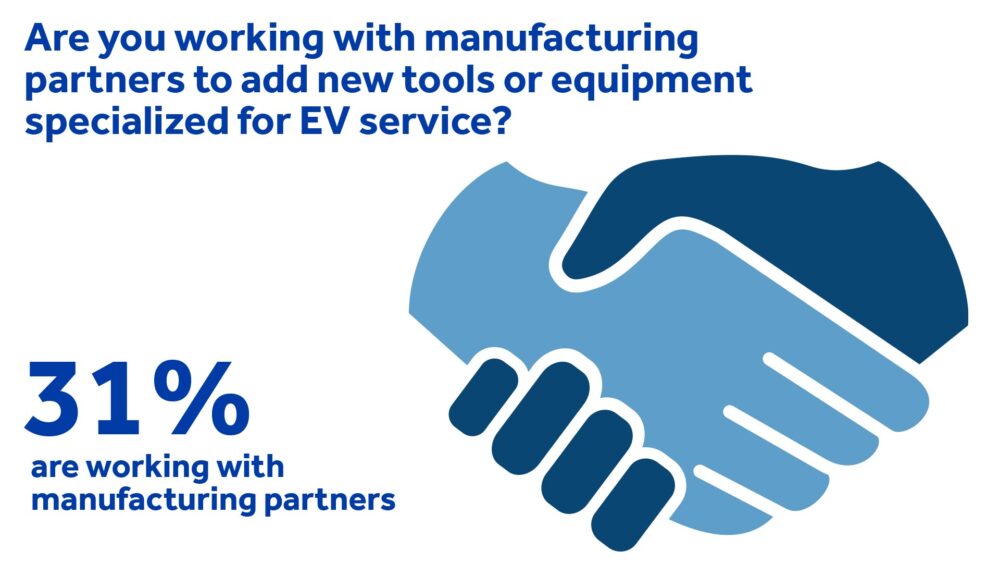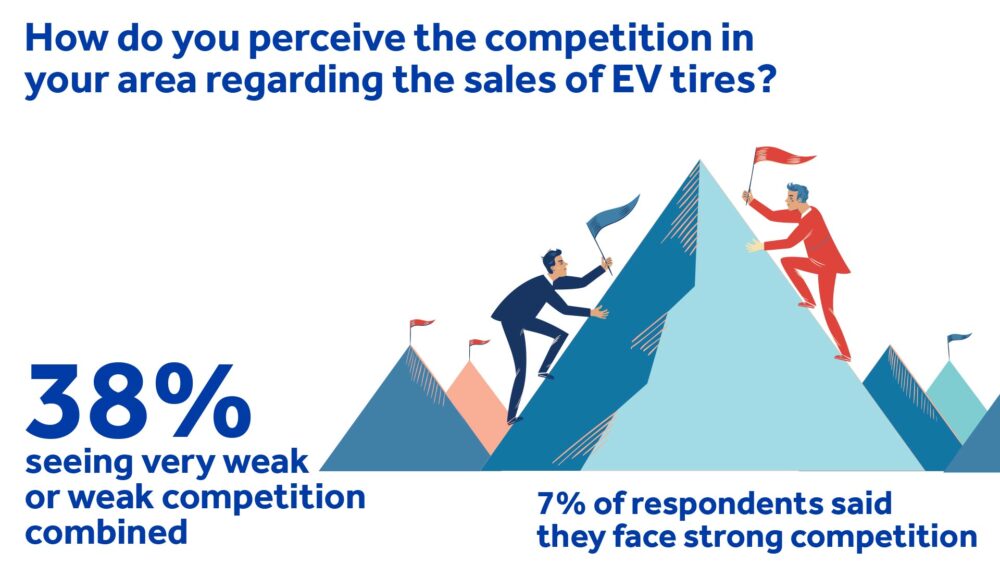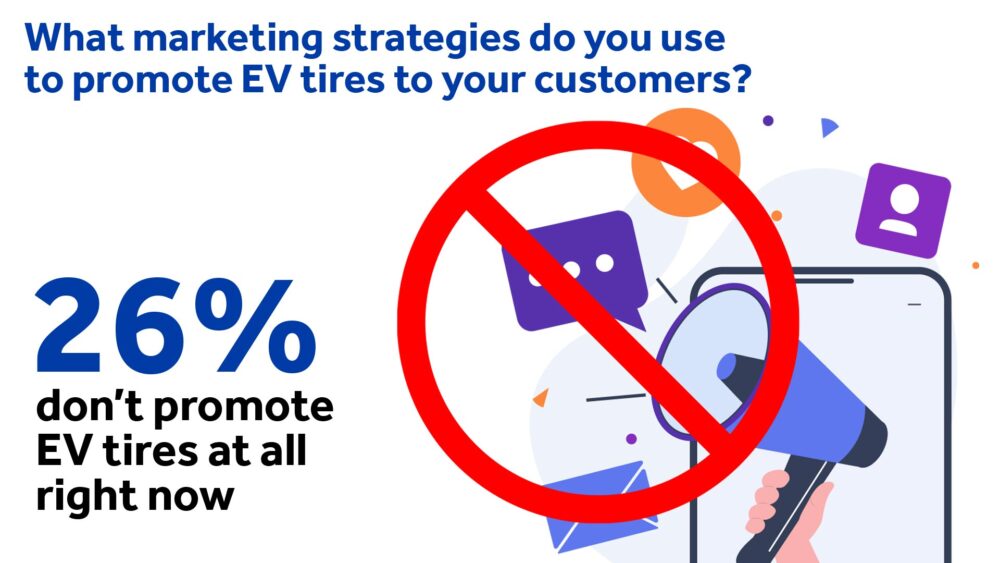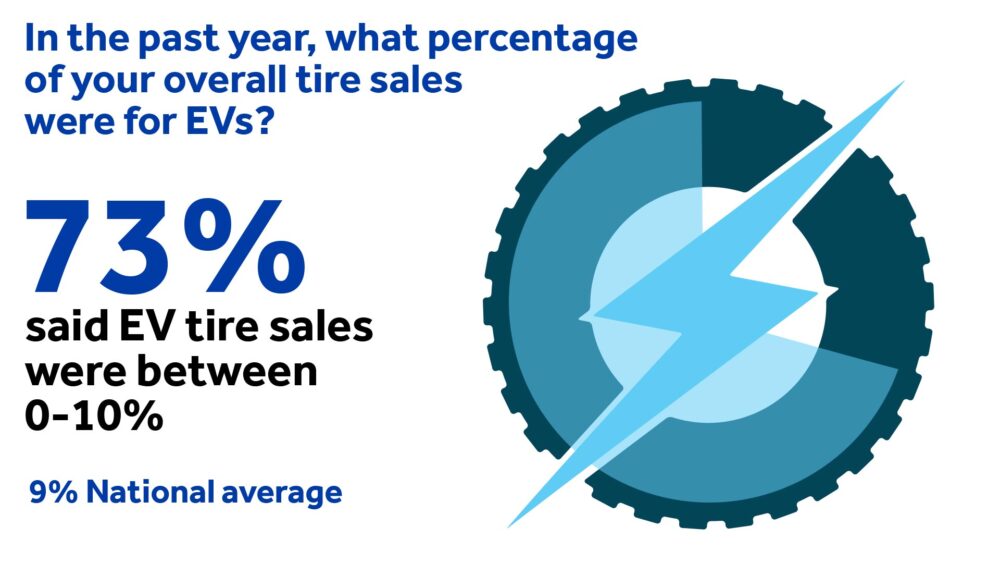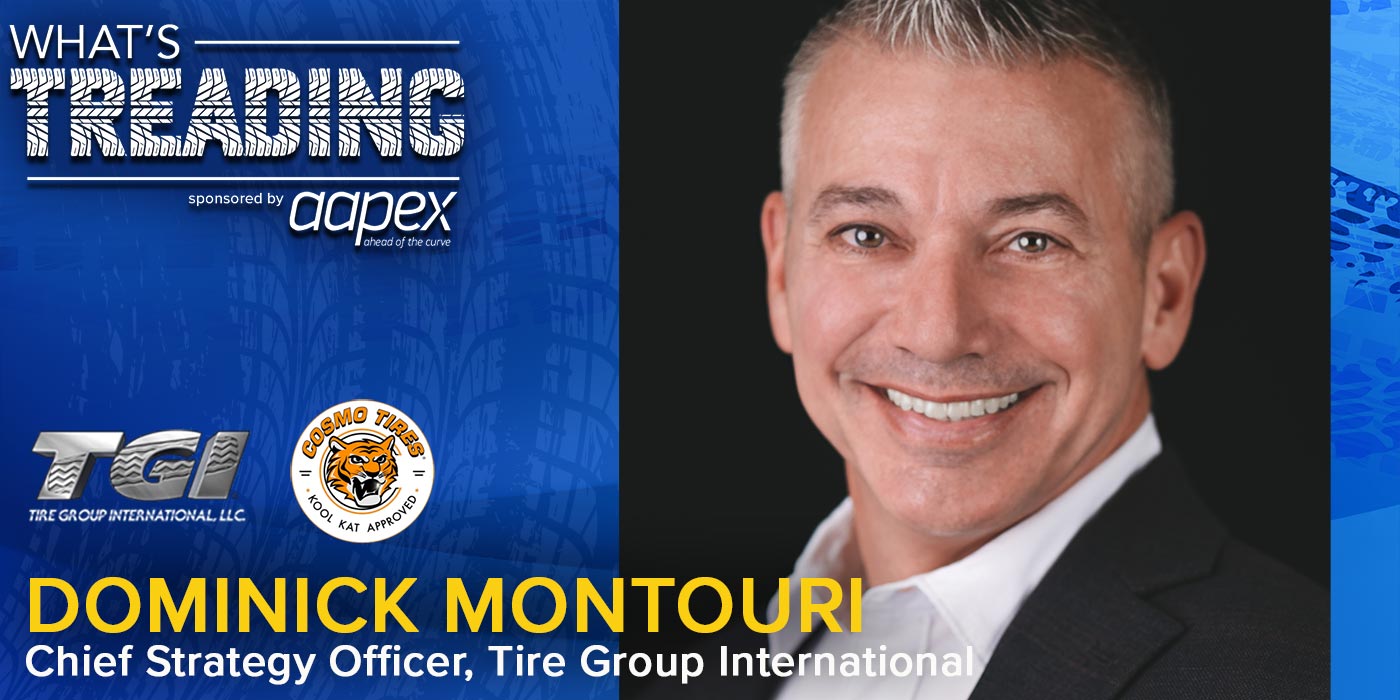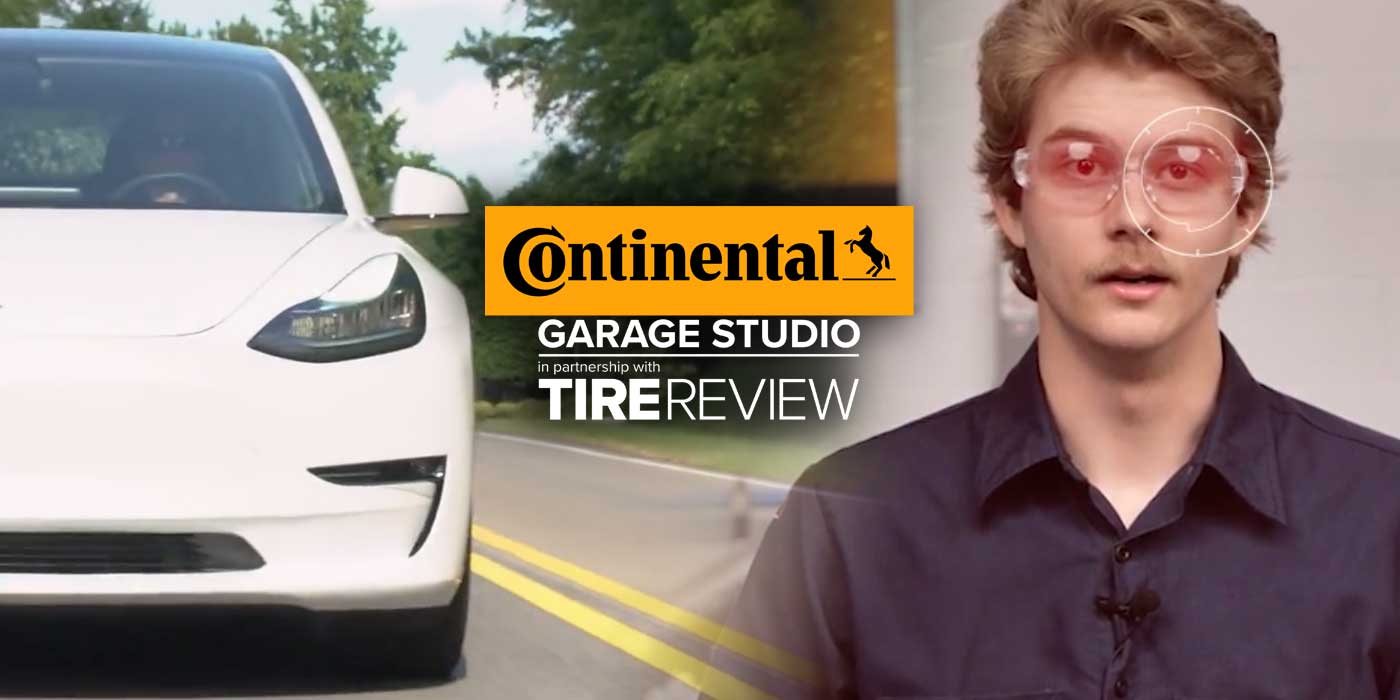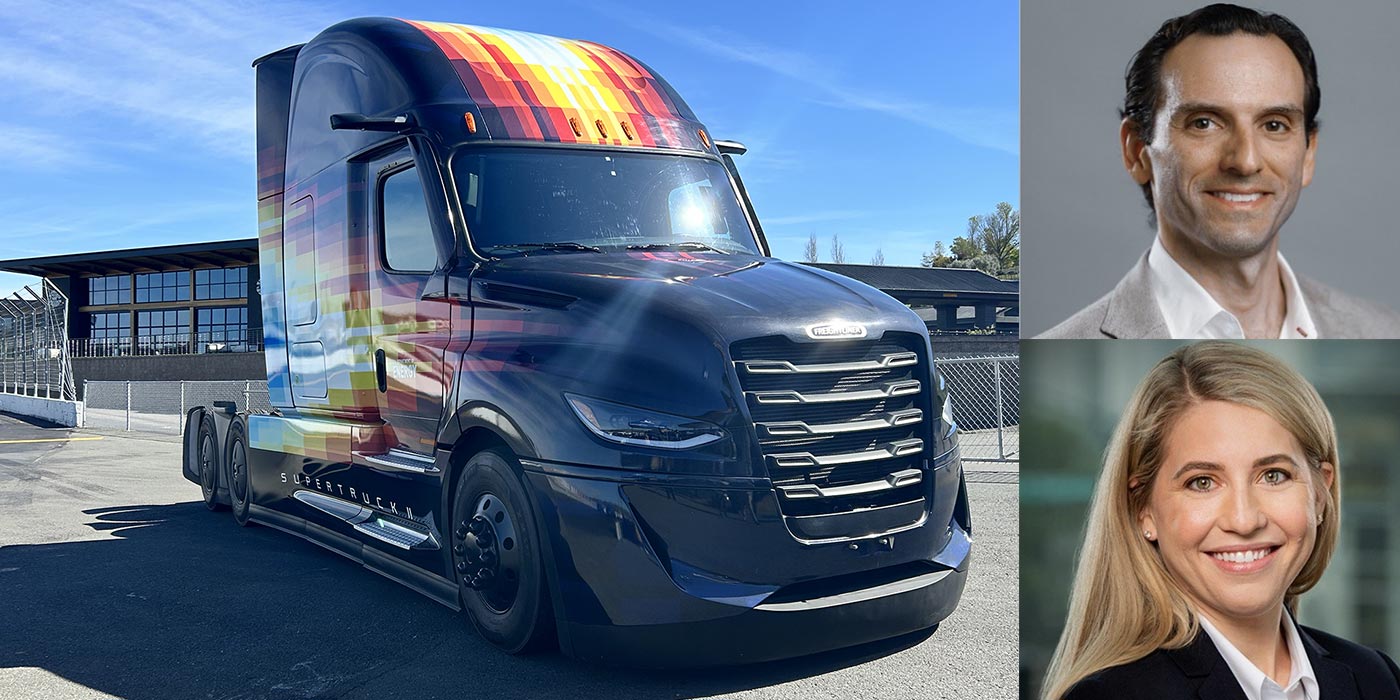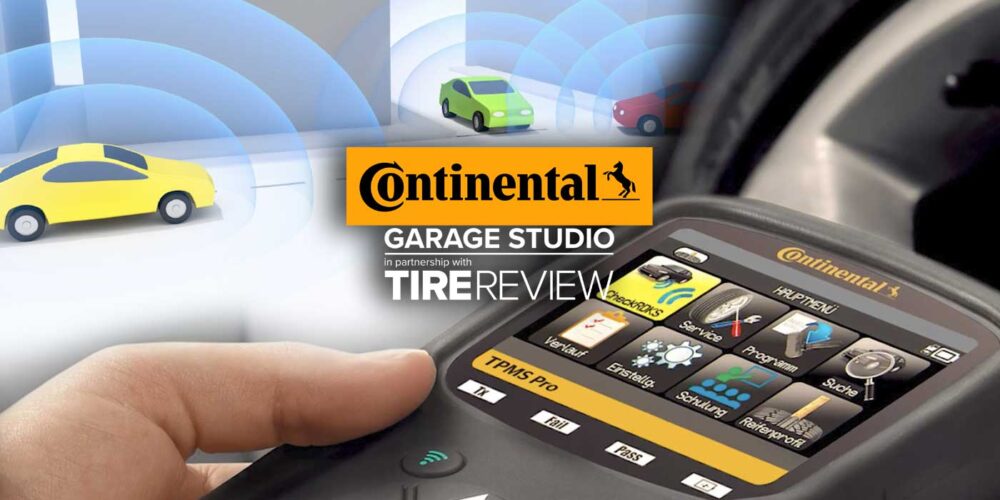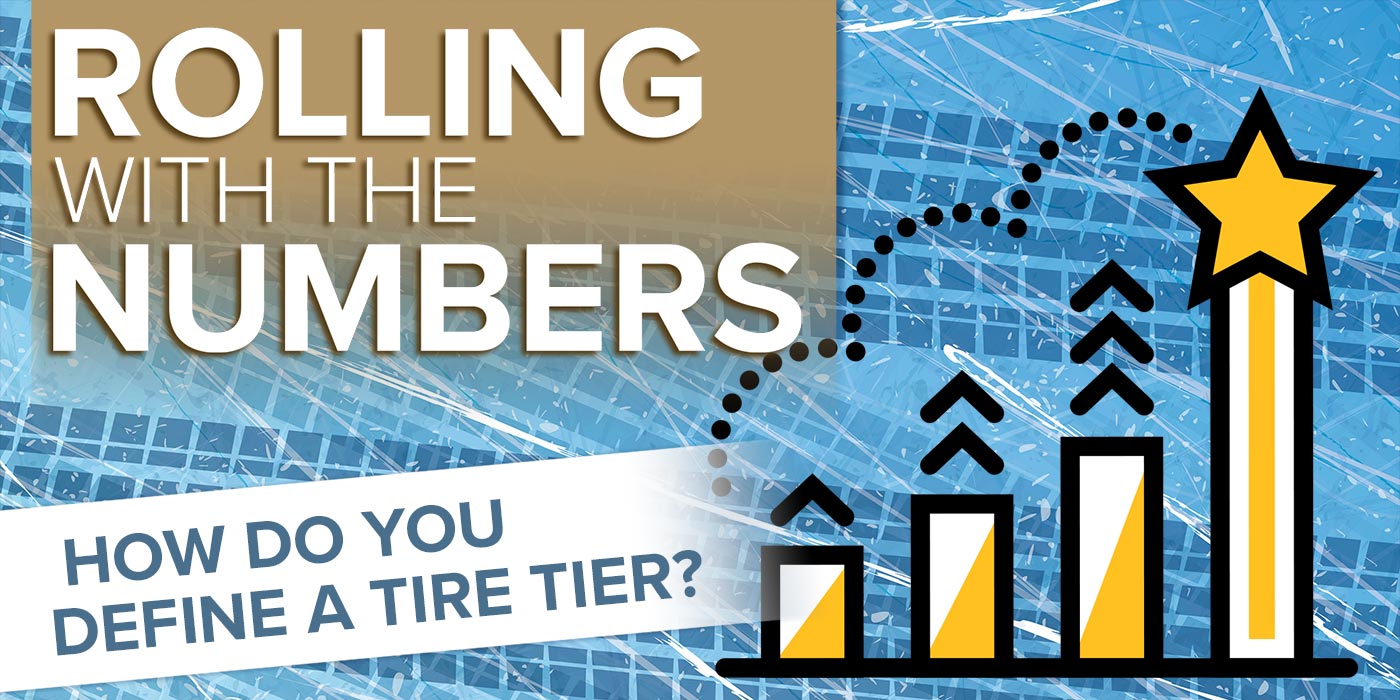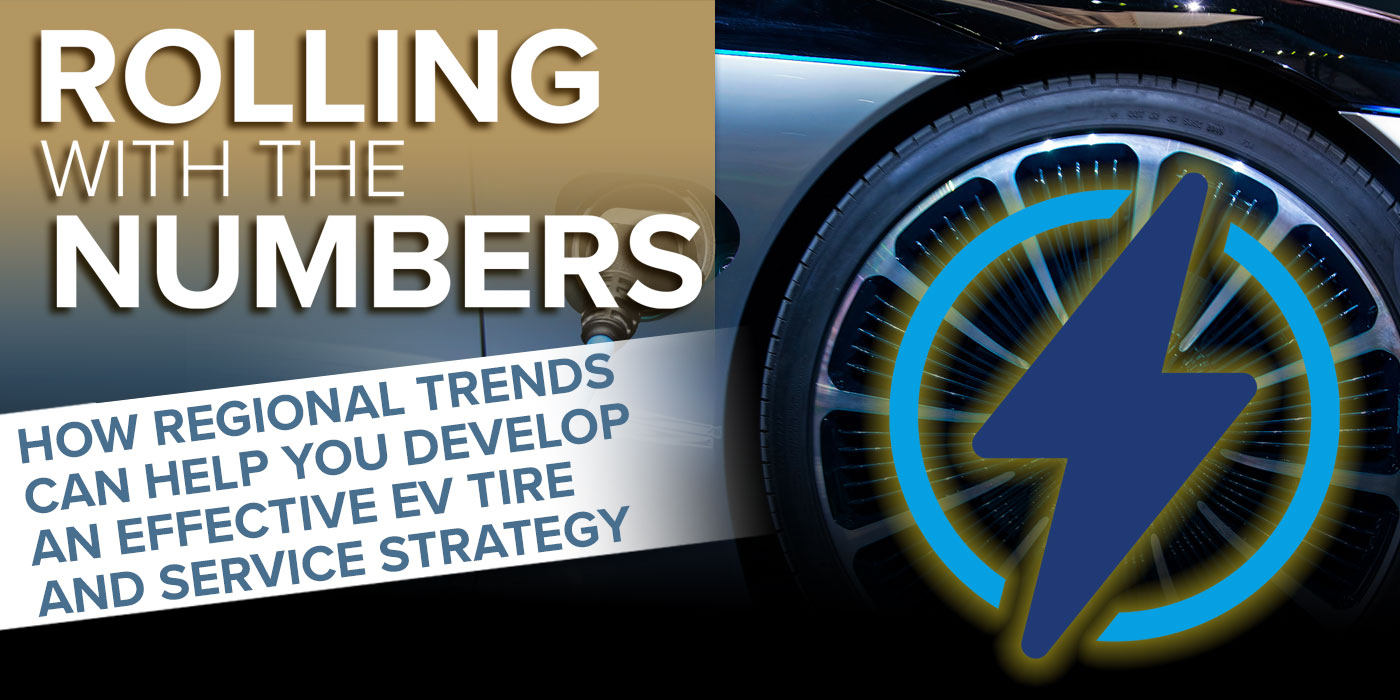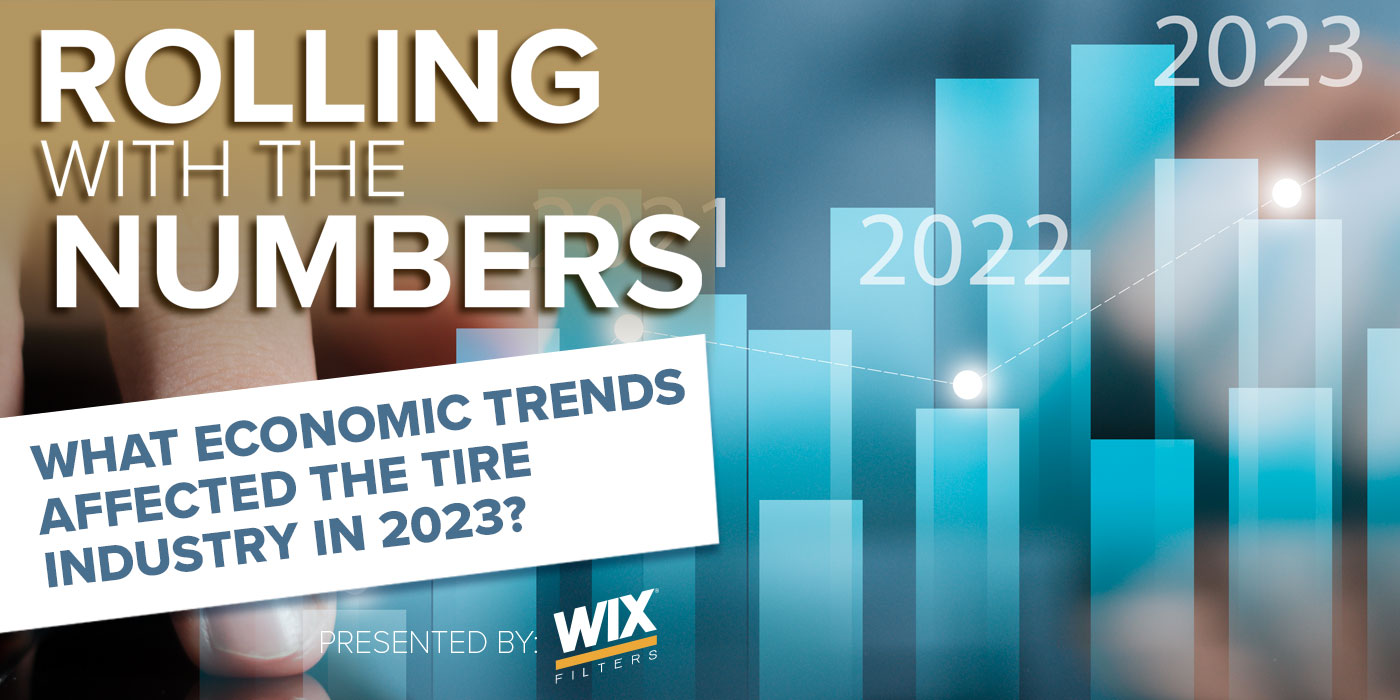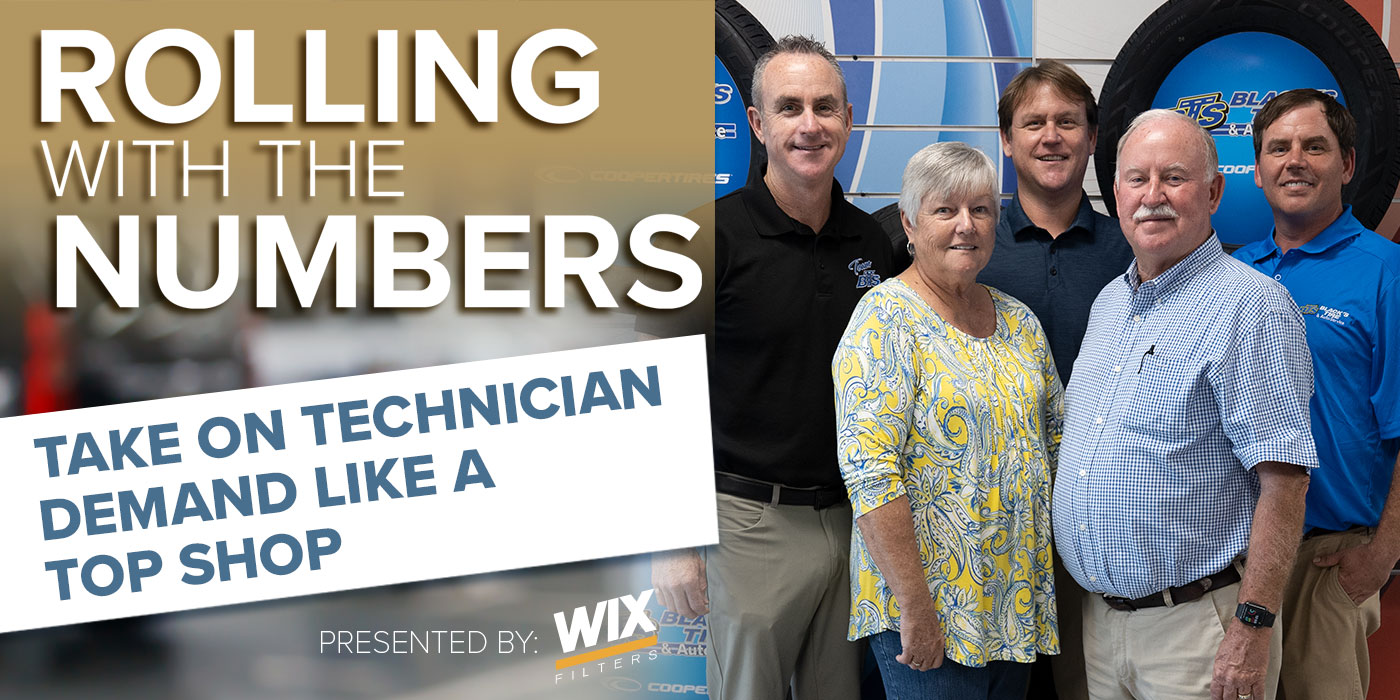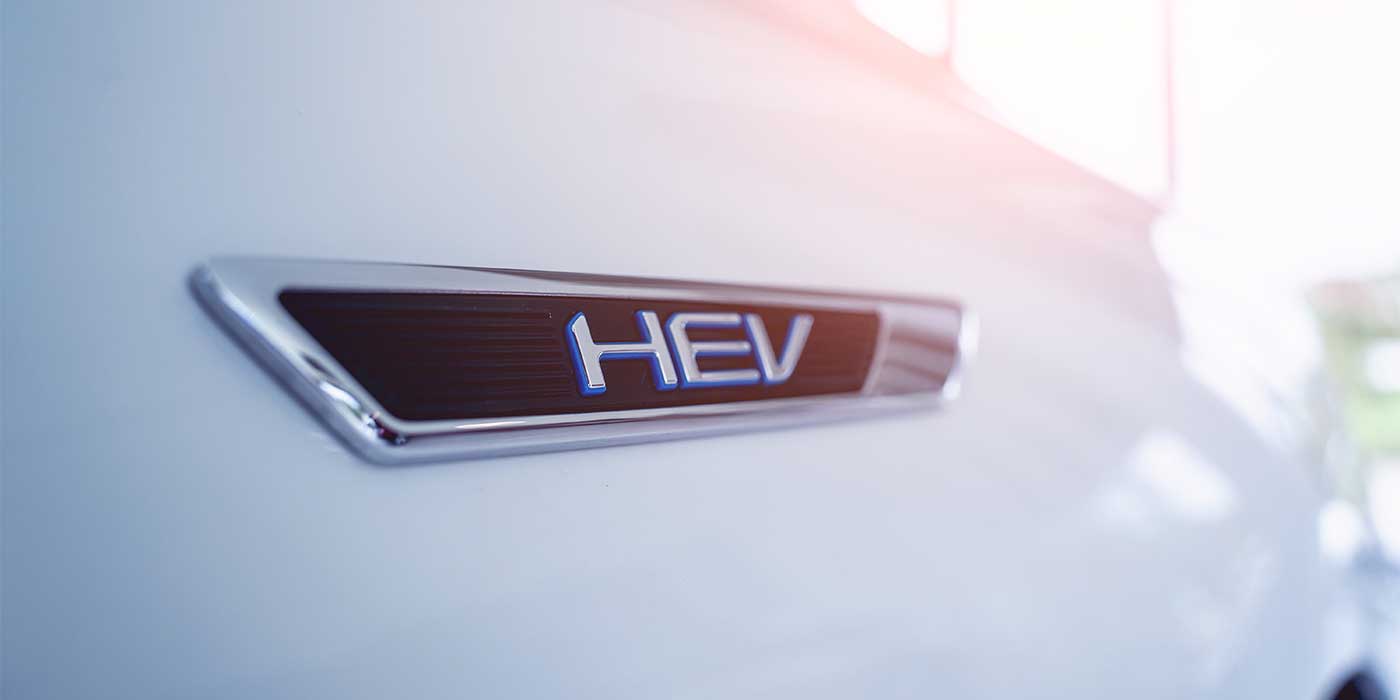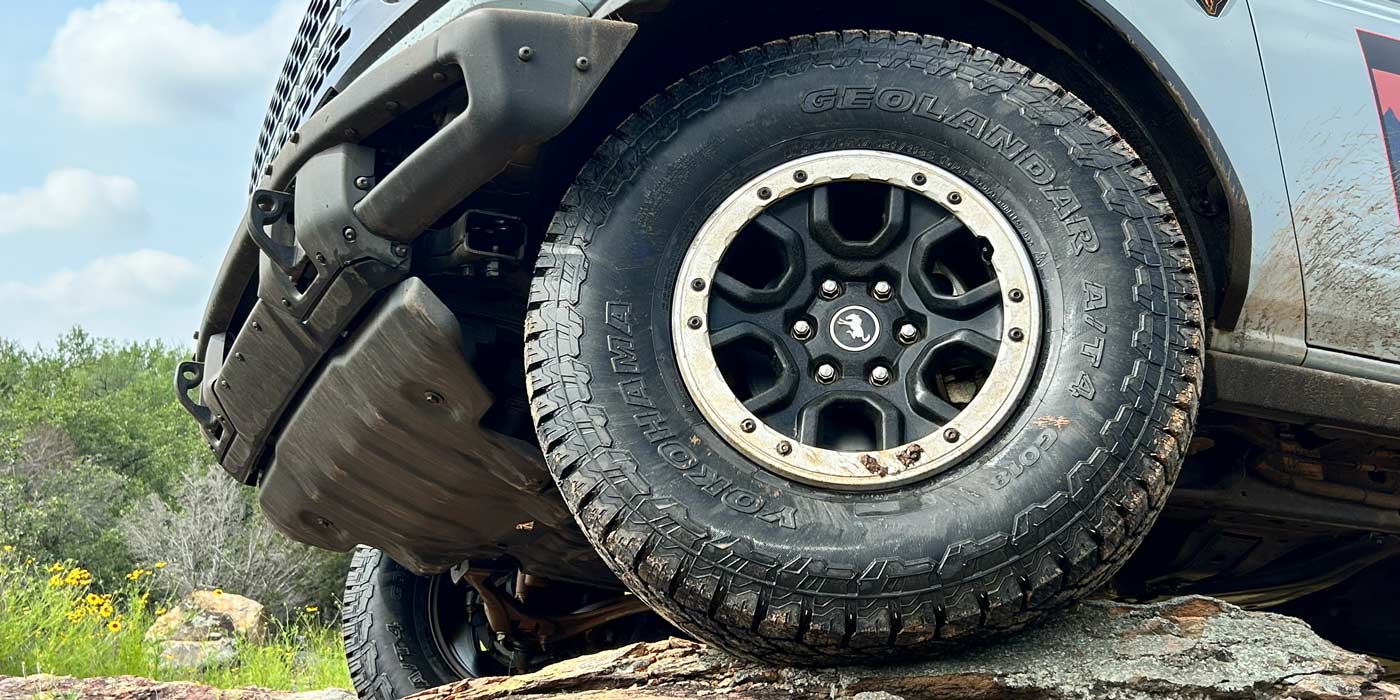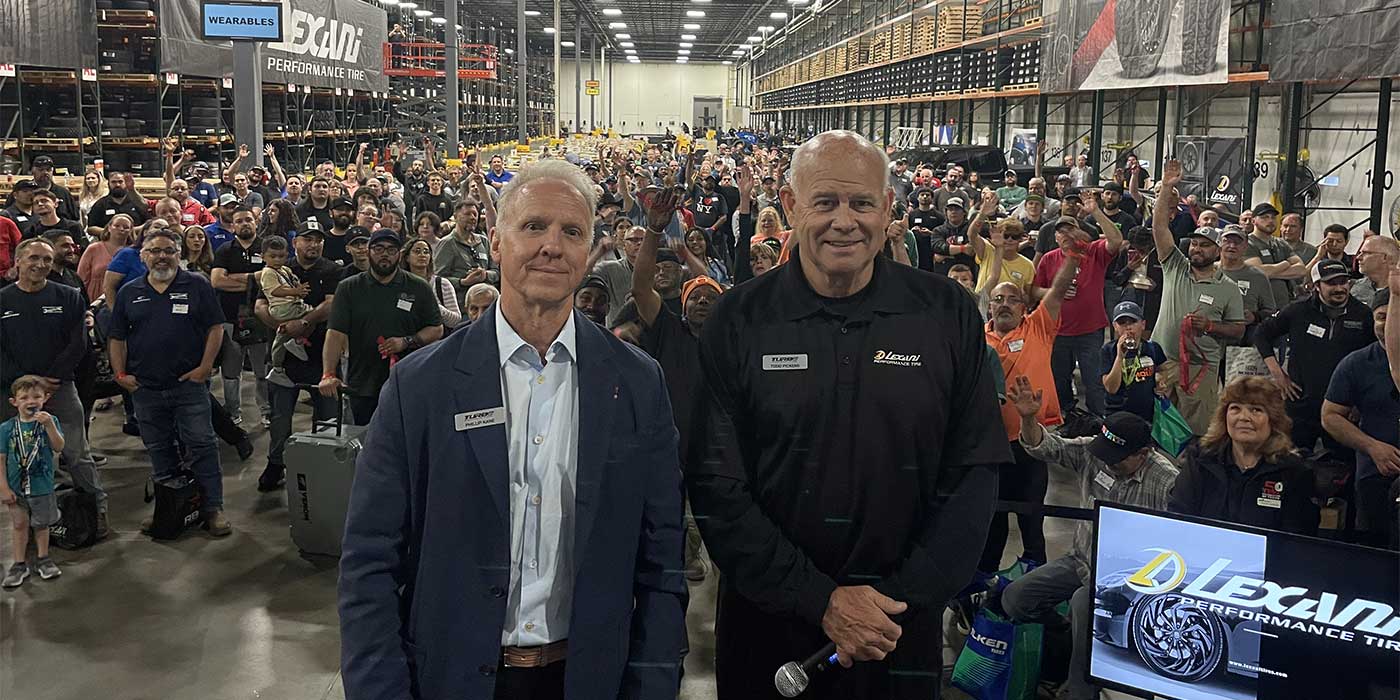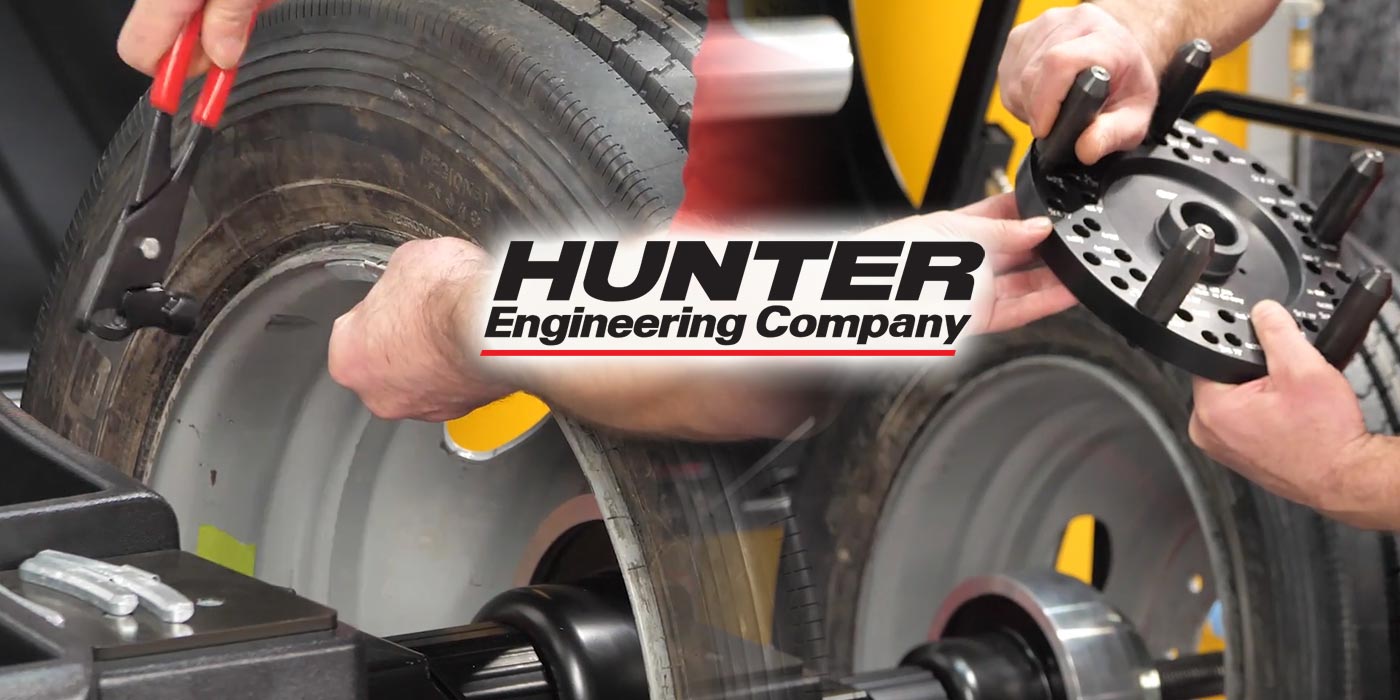Dealers and shop owners tell us that EVs are becoming more common and seeing a jump in how many they service. But there may be one thing many shops aren’t doing that could hurt them in the long run.
Last month we discussed how regional differences affect EV tire demand and how that forms dealers’ decisions on stocking tires designed for EVs.
Among those who said they don’t plan to expand their current EV tire selection anytime soon, 57% cite limited demand from their customer base. This could be the reason that so many of our dealers don’t have a plan for EV service training. In this episode, we’ll look at more data surrounding EV service and discuss how not providing training could be detrimental.
Many dealers are not prioritizing EV tire service training at all, with 64% saying their technicians have not participated in any EV training programs yet, and no word on whether they plan to or not. Meanwhile, 37% said they have no plans to provide techs with any EV service training ever. This lack of training may have something to do with a lack of consumer demand in their area for EV tires or a complete lack of EVs in their area in general. With EVs still a small overall share of vehicles on the road, some dealers just don’t see the upside in proactive EV training.
When asked about confidence in staff knowledge, 40% of dealers said they were very confident recommending EV tires and 49% said they were very confident in servicing them.
Another 31% of respondents said they are already working with manufacturing partners to add new tools or equipment specialized for EV service.
With that being said, considering that 64% say their technicians haven’t participated in any EV training programs yet, there are clearly gaps to address and I question how the confidence can be so high without the training experience to match. Maybe it’s all the service similarities EVs share with ICE vehicles. You still have to service brakes and tires, and change certain fluids, so that confidence may be there because these shops can still service components they have always done in some cases. But that’s just my two cents.
Confidence may also come from the fact that these dealers aren’t seeing a ton of competition for EV tire sales or service.
Only 7% of respondents said they face strong competition in this space, while another 38% said they are seeing very weak or weak competition combined. This suggests there’s room to capture more of a share of the EV market by advertising their EV service capabilities if they offer it.
Speaking of marketing, 26% of respondents said they don’t promote EV tires at all right now. If some dealers are not actively promoting EV capabilities, they may feel investing in EV training is unnecessary at this time. And why wouldn’t they?
Our data shows that only 9% of national total tire sales were for EVs. For the 73% of respondents who said sales were between 0-10%, they probably don’t need to focus on EV service training right now. However, for our friends out West where EV service is more consistent, it may be worth investing in those opportunities.
EVs aren’t going anywhere, and their popularity is only growing. Dealers or shops where EV service is more popular who don’t urgently address training gaps could miss the boat and risk losing customers to a more experienced shop down the road with more EV service training. However, if you’re a shop in Montana and only see one EV every blue moon, I wouldn’t suggest heavily investing in training until it becomes a need. That “there is no tomorrow,” sentiment for EV training may apply to some shops, but not all. If you’re seeing more EVs in your area and aren’t servicing them, you’re missing out on a revenue stream and I can promise you some of your competition is taking advantage.

